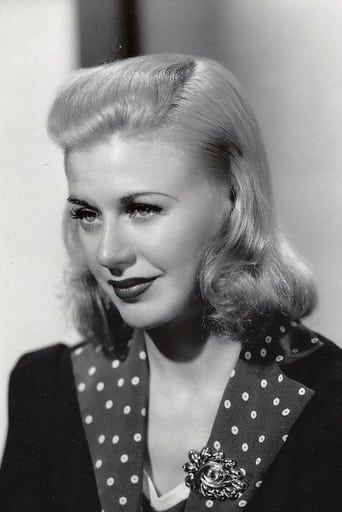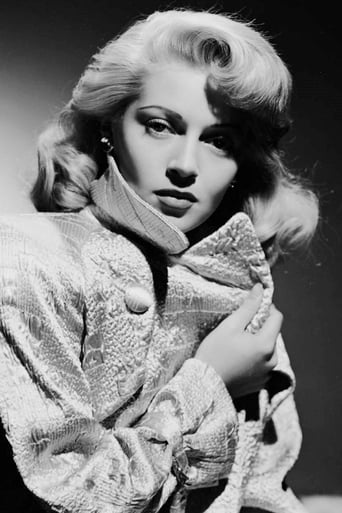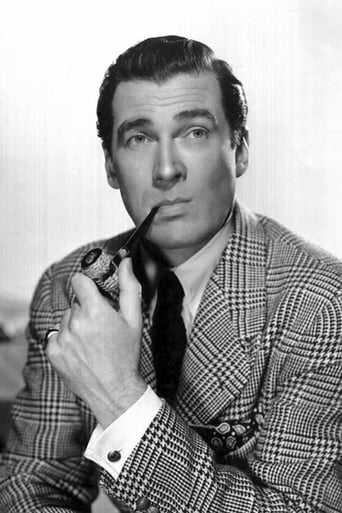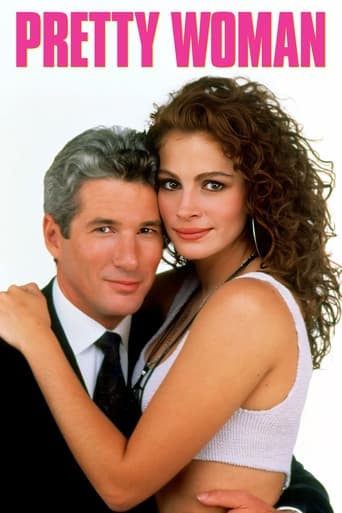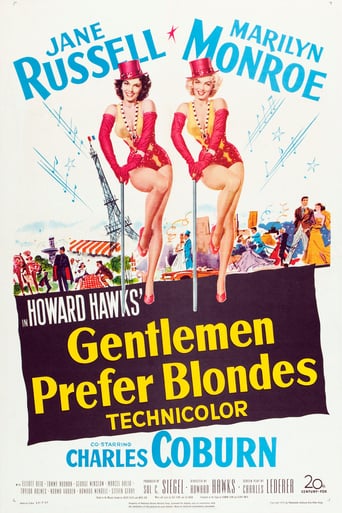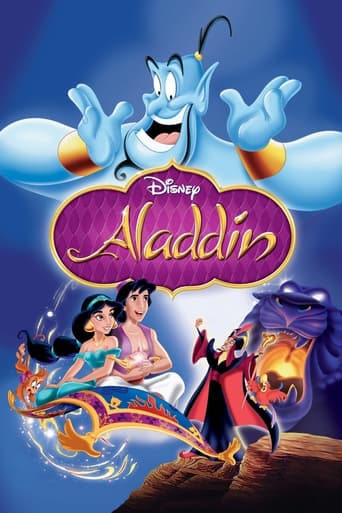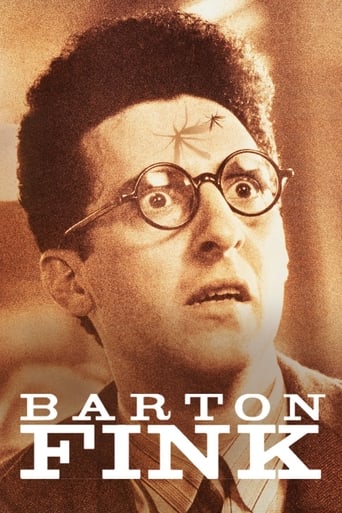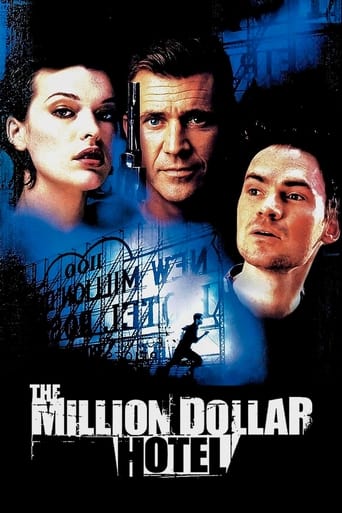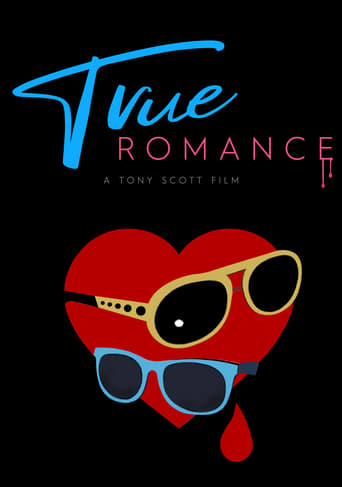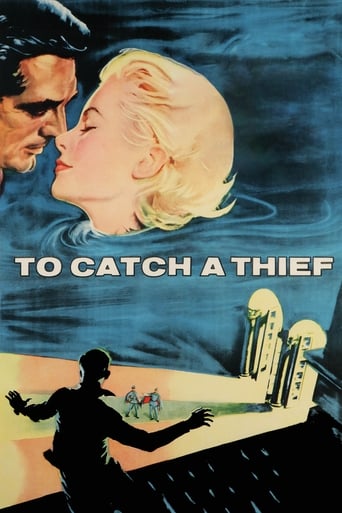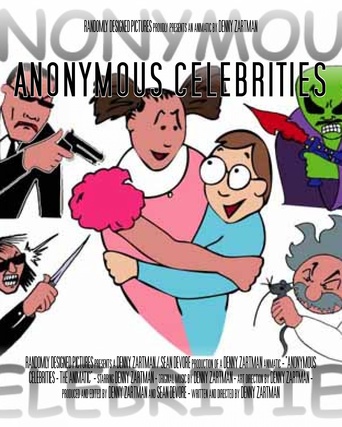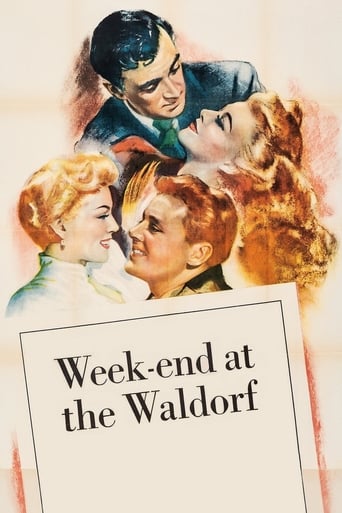
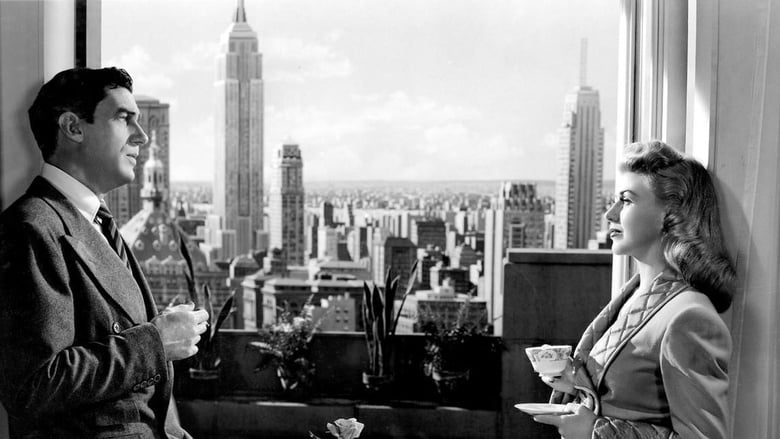
Week-End at the Waldorf (1945)
Anything can happen during a weekend at New York's Waldorf-Astoria: a glamorous movie star meets a world-weary war correspondent and mistakes him for a jewel thief; a soldier learns that without an operation he'll die and so looks for one last romance with a beautiful but ambitious stenographer; a cub reporter tries to get the goods on a shady man's dealing with a foreign potentate.
Watch Trailer
Cast


Similar titles
Reviews
While I have some criticisms of this film, overall it's a pretty pleasant way in which to spend a couple of hours. But first, the criticisms. First and foremost, I think the story has too many plot lines, and as a result what could have been decent stand-alone films get short-changed. Plot line #1 -- Ginger Rogers, a glamorous actress, gets trapped in a sort-of common law marriage with war correspondent Walter Pidgeon; could have been a good film on its own. Plot line # 2 -- Correspondent Pidgeon gets hooked into a newspaper story with a cub reporter (Keenan Wynn) about fraud in a Middle Eastern oil deal with the crooked Edward Arnold; could have been a good film on its own. Plot line # 3 -- There's a mix-up with just who Ginger Rogers is in love with, and will it affect Phyllis Thaxter's marriage to a doctor; this is one of the subplots which could have most easily been dispensed with. Plot line # 4 -- Van Johnson, an alone soldier who is facing lief-threatening surgery, falls in love with stenographer Lana Turner, who wants to climb to the top by being a "special" aide to Edward Arnold; this could have really been a good romantic film on its own. And then there's Robert Benchley's participation...which was a total waste of time, other than as narrator.My other major criticism is that -- probably because of too many story lines and a rather long run time (over 2 hours) -- the wrap up to all those story lines is way too quick. Very disappointing.On the positive side, as indicated, most of those subplots were good story lines, and the acting is fine. I'd actually give the highest grade here to Van Johnson. Interestingly, some of the film was actually shot at the Waldorf Astoria, though most of it was shot in Hollywood.It's entertaining. Give it a view.
As everyone agrees, WEEKEND AT THE WALDORF follows the outline of GRAND HOTEL while radically lightening its tone. It's structured by three parallel and occasionally intertwining stories connected mostly by its setting, the famous Waldorf-Astoria Hotel in New York. The fraudulent schemes of Edward Arnold are so woefully underwritten that they hardly count. The heart of the movie lies in the other two plot-lines, a romantic comedy verging on screwball between lonely, overworked actress Ginger Rogers and burned-out war correspondent Walter Pidgeon, and a sentimental romance between wounded war veteran Van Johnson and gold- digging stenographer Lana Turner. The former is pretty funny and the latter rather touching, but the inter-cutting between them does neither any favors. They might have done better as separate, and considerably shorter, movies in their own right. As it stands, the film is way too long. Heck, around the two hour mark we stop everything cold for a couple of mediocre musical numbers!Which is not to say that there are not considerable virtues in WALDORF. The interior sets are amazing, you would think that you really were at the hotel, and we are given a good idea of the immense effort that goes into running such a magnificent establishment. It's the Waldorf itself that is (quite intentionally) the movie's true main character. And the human performances ain't bad, either. Walter Pidgeon, normally rather stodgy to my eyes, is charming and clever and witty to a degree that I've never seen from him elsewhere. He shows surprising chemistry with Ginger Rogers, who gives a cool and amusing performance as the kind of character she would often portray (I'm tempted to say, would be saddled with) for much of her later career, a successful yet unhappy actress. Lana Turner is okay in a role that could have used considerable expansion. Van Johnson's performance seems problematic to me. In and of himself he presents us with an immensely likable character who is a pleasure to watch, but what sense does this make of the character? He appears remarkably healthy for someone who has only a 50/50 chance of making it till next Wednesday. And why would his soldier have no friends? We see a guy who's handsome, charming, articulate, friendly, respectful, and while rather subdued does not come across as intensely shy. Actually, he comes across as pretty much perfect. It makes his story pleasant but shallow. One might say the same for the entire film.
This film is a reworking of the plot from the magnificent GRAND HOTEL (1932). While both films were made by MGM, it really isn't fair to compare them, as there were many differences between them (all the many plots were changed or enormously reworked). Plus, GRAND HOTEL was so perfect that any film compared to it will no doubt be seen as a disappointment--but WEEKEND AT THE WALDORF was anything but a disappointment. There was enough fresh and new plot as well as excellence all around that I strongly advise viewers to watch them both and consider each a unique viewing experience.While Walter Pidgeon, Ginger Rogers, Lana Turner, Edward Arnold and Lana Turner (among others) can't quite compare to the cast of GRAND HOTEL, this is still an amazing lineup of stars--even for the star-laden MGM. Plus, all the stars were at their best--thanks, in part, to exceptional writing and slick production values. Each of the subplots worked very well--particularly the one with Rogers and Pidgeon, as it made me laugh out loud many times! I could explain all the plots and critique each one, but other reviewers have already done this. The bottom line is that this film exudes quality and is highly entertaining. By the time the film is completed, you will no doubt feel quite content with the resolution of the film.
This is my favorite wartime satire-comedy for three reasons. One is the towering performance by Walter Pigeon as the war correspondent Chip Collyer who falls in love with a lovely actress; the second is the setting in the world's first self-contained hotel-residence center, the twin-towered Waldorf-Astoria Hotel, known all over the world by its single initial "W"; the third is because it is a very United States' adaptation of Vicki Baum's "Grand Hotel", and as a writer, its adaptation problem has always interested me. The second film is related to the film much as "Marlowe" is related to the novel "The Little Sister". Angst, heavy drama and most of the shadows were removed; what was left was a genial, sometimes thoughtful and I assert an interesting set of four major inter-twined story-lines. They have, I suggest, a common theme, namely "one must find a reason to enjoy life, even if it takes risks, honesty and perseverance." One story line involved a war correspondent and an actress who mistakes him for the Jewel thief she has been expecting, her maid's errant boyfriend; a second focused on a soldier facing a 50-50 life-death operation and the pretty secretary he meets who is looking for a rich husband, not him; third there was the young reporter seeking an interviews with a visiting sheik who is shunted by the war correspondent into exposing a fraudulent entrepreneur; and fourth there was the shady entrepreneur trying to steal millions from the sheik, and hire the secretary. All four main protagonists of the story lines were missing something in their lives, and trying to understand how to deal with what they lacked--by denial, action, indirect efforts, etc. Within their stories, there move two rich about-to-be-marrieds, the actress's maid and her boyfriend (whom we never meet), band-leader Xavier Cugat who is appearing at the hotel and agrees to play a song written by the soldier's dead comrade, the war correspondent's boss, a man from a State Department office also wooing the sheik, and the hotel staff--especially the banks of human female telephone operators and the stenographers. The B/W cinematography by Robert H. Planck is very good, and nearly all shot indoors; music was provided by Johnny Green and the Cugat band. Veteran Robert Z. Leonard directed, and somehow managed to give the film a consistent and lucid style all its own, no mean feat by my standards. The script altering the much darker play "Grand Hotel" was adapted by Guy Bolton and written by Sam and Sella Spewack. The sound by Douglas Shearer is remarkably adroit at all points. Art direction was performed by Daniel B. Cathcart and legendary Cedric Gibbons, with set decorations by Edwin B. Willis and Jack Bonar. Irene and Marion Herwood Keyes provided the many costumes. In the cast, Pigeon deserved an award for his work as the war correspondent, and Edward Arnold did a solid job as the shady promoter. Van Johnson played the soldier opposite Lana Turner, both being adequately cast; the Shiekh was George Zucco, the actress attractive Ginger Rogers, the maid Rosemary De Camp with a German accent. Keenan Wynn was lively as the young reporter, Robert Benchley provided low-key comedy and a narration here and there, Phyllis Thaxter was the nervous bride, Leon Ames was the actress's manager, with Jacqueline De Witt, Warner Anderson and Miles Mander in good roles also, along with the volatile Cugat. The film cannot really be compared to its illustrious half-brother; this narrative in my view was supposed to be and is a genial, only-slightly-cynical wartime film that extracted some people from the recent war and showed them trying to find a strong personal reason for living--whether as in the solider's case for great reasons or in the actress's case because she had put off thinking of herself for far too long. It is a charming, discursive and attractive project, in my estimation; and it could be remade very well, if the right leads could perhaps be found and the project given a third life in another great hostelry.


